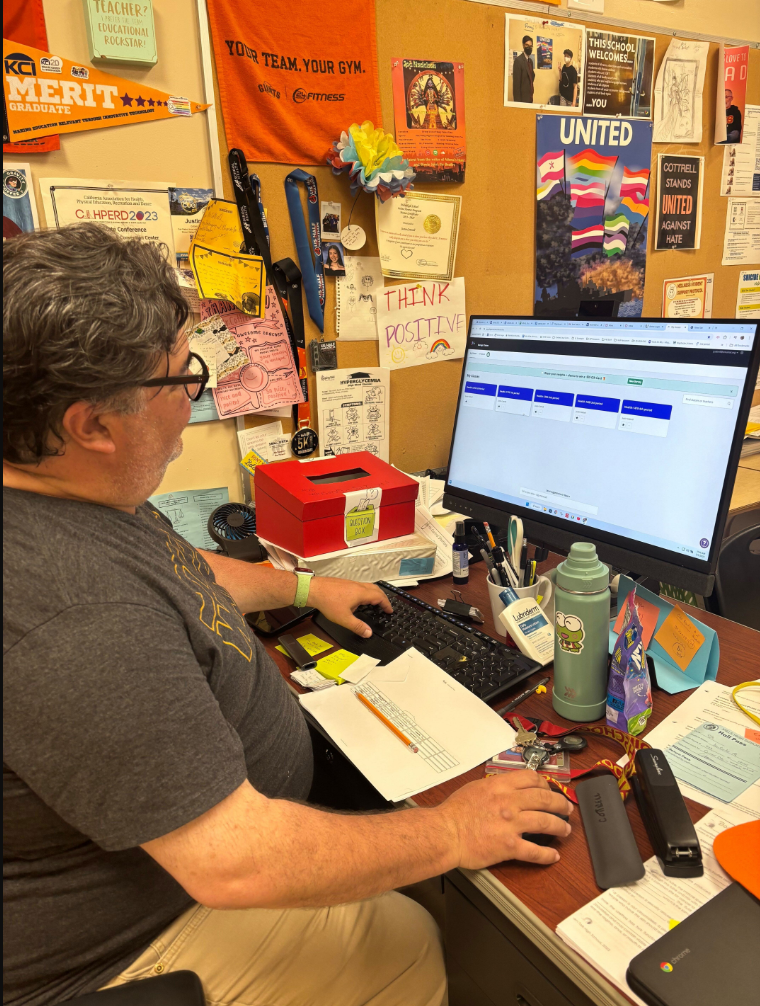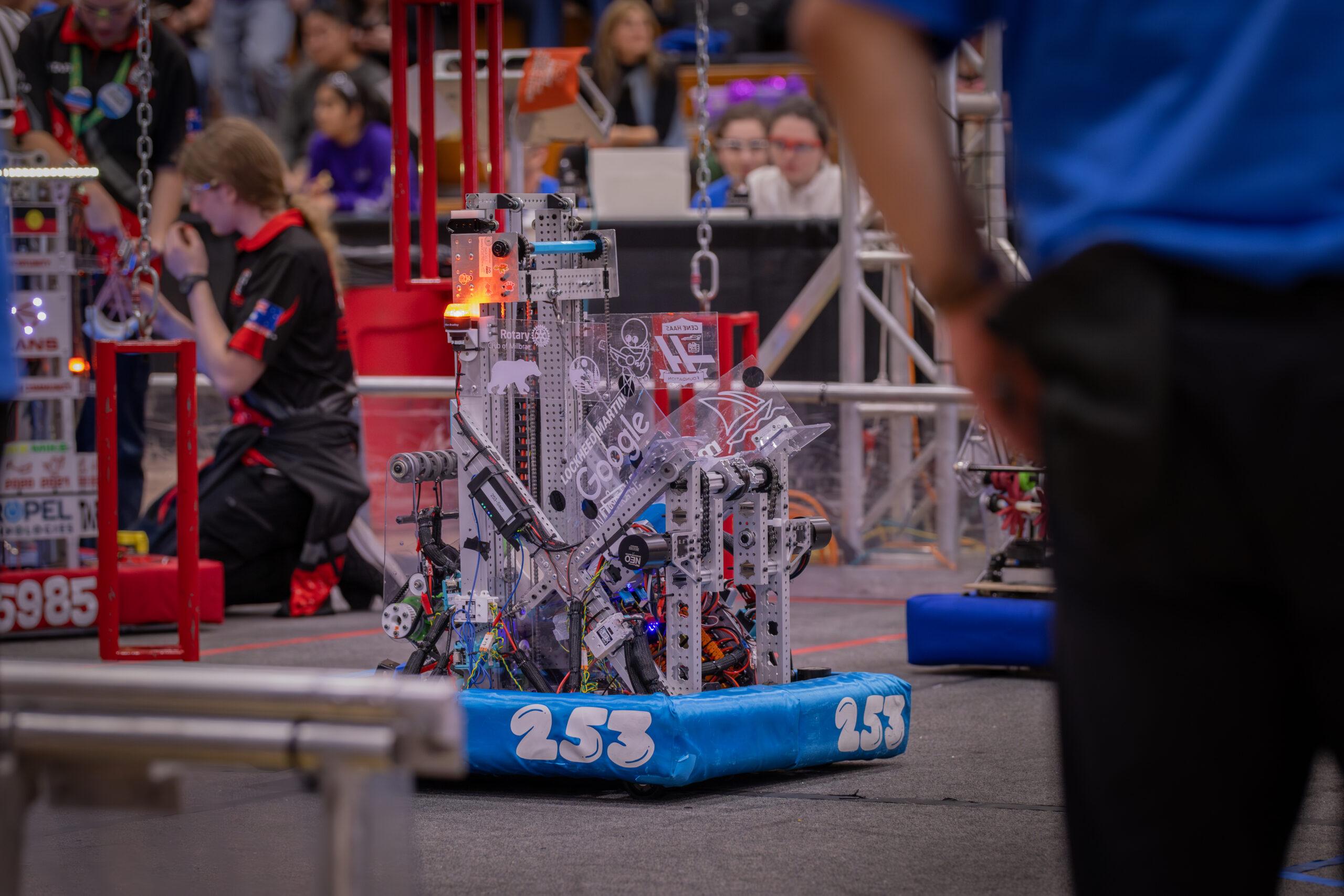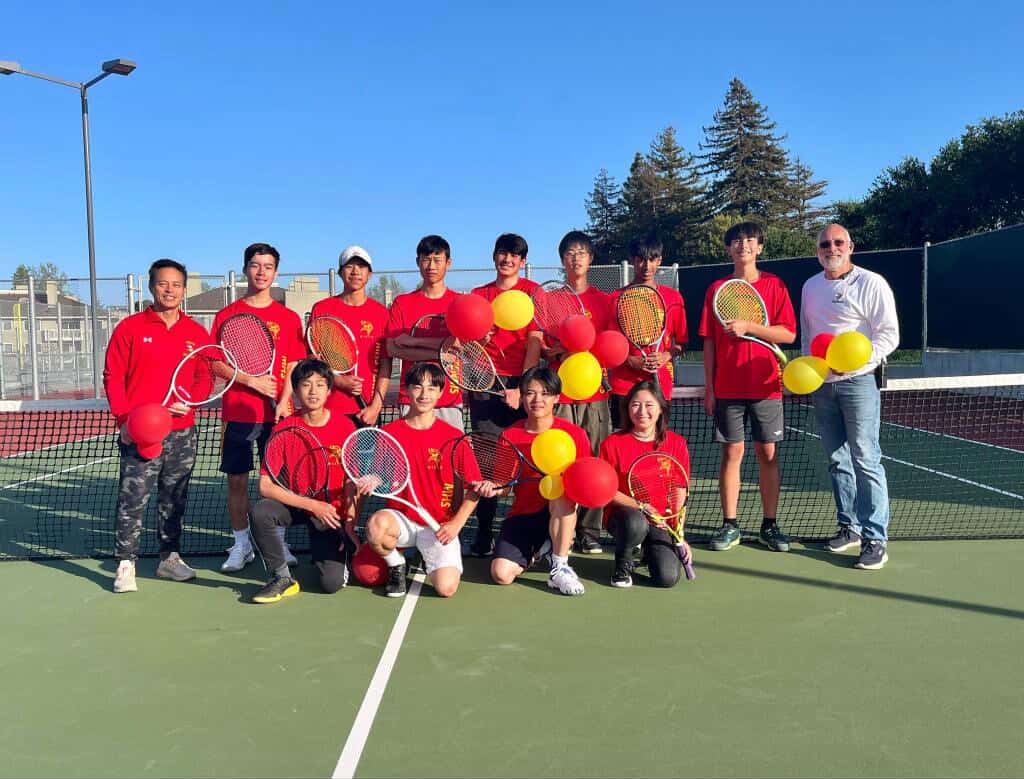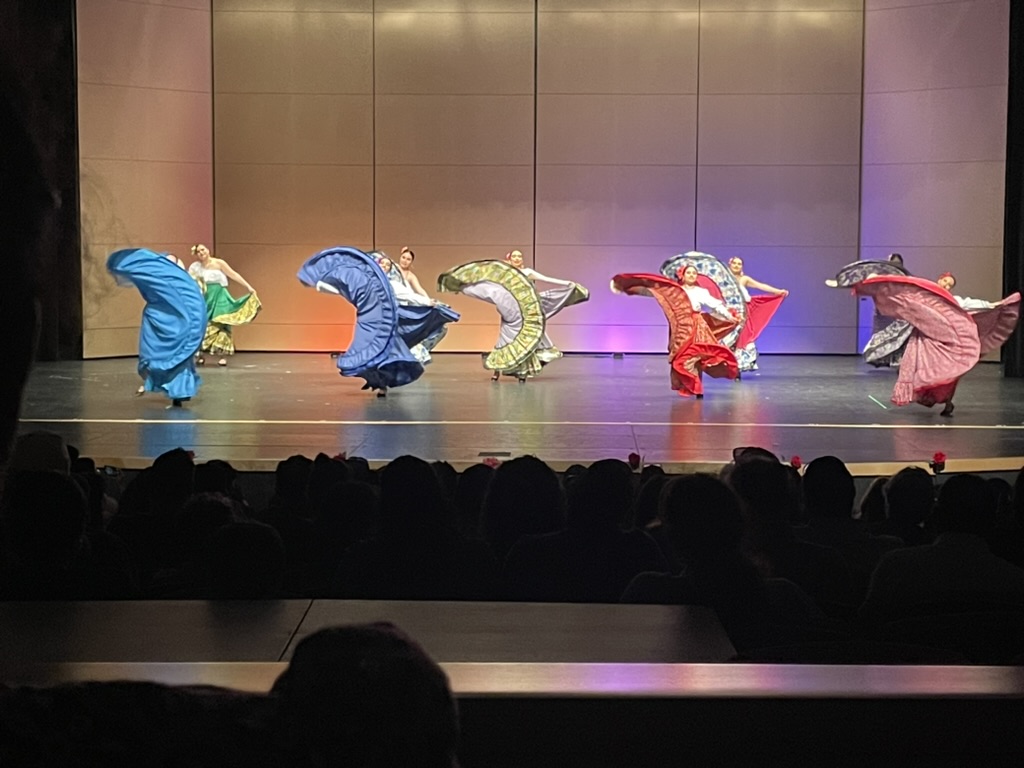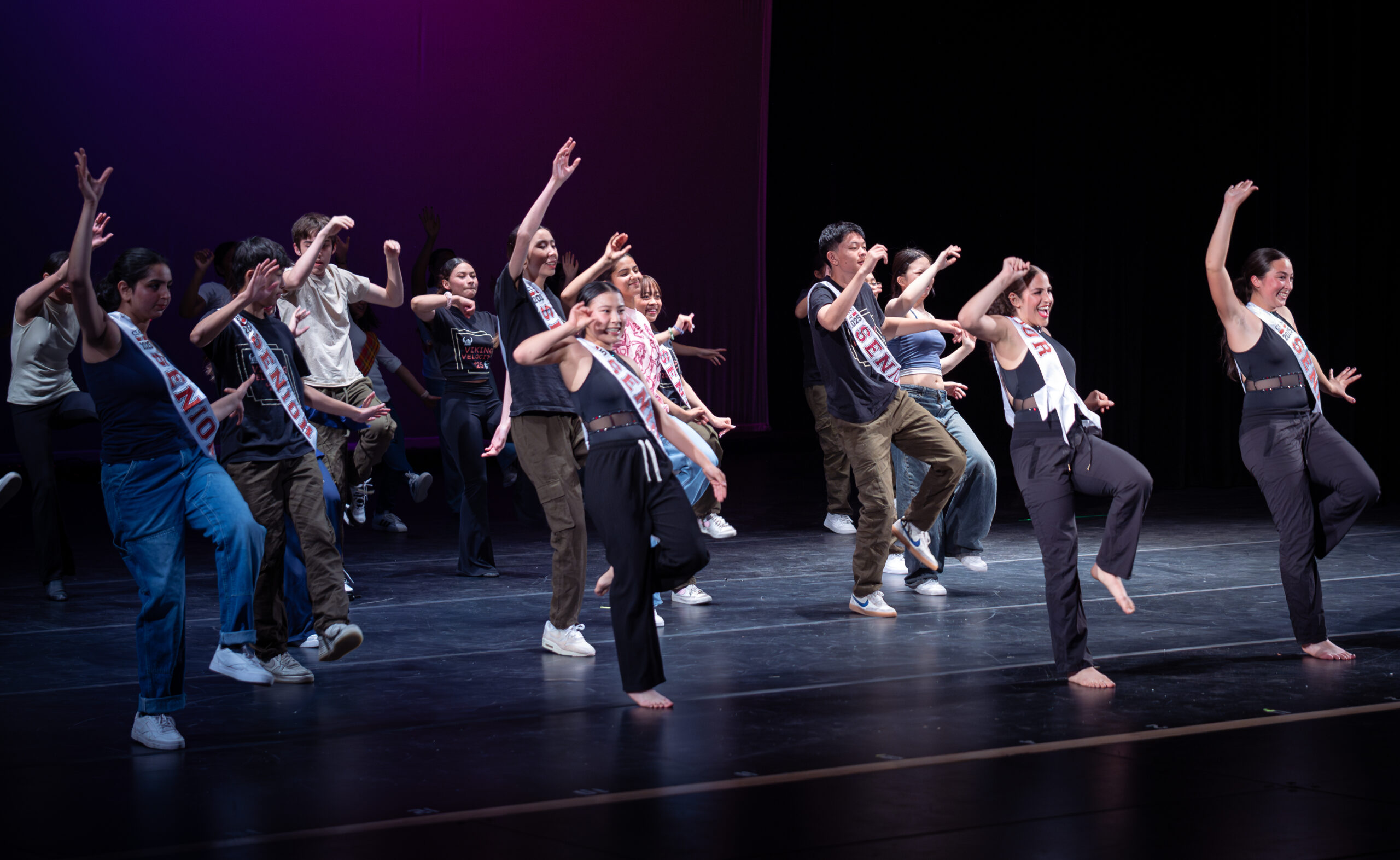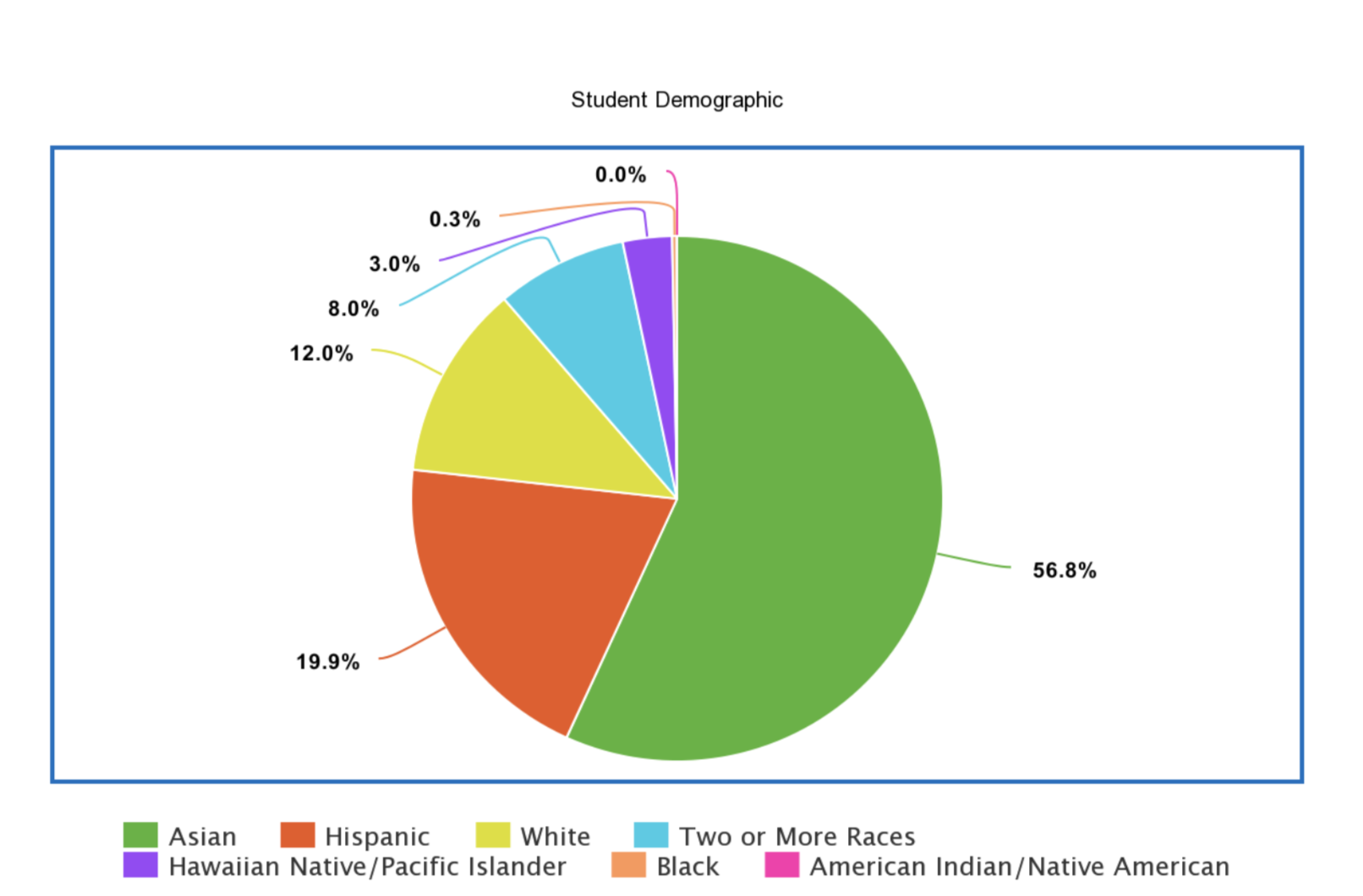
Katelyn Chang, Staff Writer
During this difficult and stressful time, the Mills community has been rocked with incident after incident of insensitivity and racism, following a national conversation about race. And recent social media trends have dug their way deeper into our school community while also giving way to exposing the underlying problems of inclusivity at Mills.
A TikTok trend that was recently started was to create drama or ‘tea’ pages for different high schools, where an anonymous user created an Instagram page dedicated to exposing students based on sent-in tips; Mills was no exception. My curiosity peaked and I visited the page, but I didn’t see much gossip; rather, I saw many of my classmates mocking members of the LGBTQ+ and Black community by making offensive remarks such as the f-slur and n-word.
The page owner went as far as reporting one of the commenters to an administrator via email, who eventually called the student about their behavior. What was even more disturbing, however, was the fact that an hour later, the same student posted on their private Snapchat story citing that they didn’t see anything wrong with their behavior at all, and cursed the person who had ‘snitched’ on them.
The alarming accounts of racism among students from our very own school begs us to ask the question of whether or not we can consider Mills to be an accepting community. Can we be inclusive when there are so many examples of students making offensive and hateful remarks to their own peers?
Being in the Millbrae and San Mateo County education system since Kindergarten has rendered me somewhat oblivious to racism, but I have come to realize that our “bubble” is just as flawed. US News reports that we have an 88% rate of minority enrollment at our school. At a first glance, it seems like nothing but a positive – and it is. But that doesn’t come without problems of it’s own. While I, a cisgender, straight Asian-American, would consider our school community to be welcoming and inclusive to others like me, my opinion varies from someone who looks different than myself. But whereas I have more or less been around the same people for the entirety of my school years, it’s now more important than ever to take the perspective of a stranger, when they become inserted in the community I’ve grown so used to.
As an Asian American, I remain a part of the majority of the Mills demographics. My own experiences with racism in the school environment have been miniscule compared to my peers who reside in the minority. While the black population at Mills stands at only 0.3%, it would be extremely ignorant to completely disregard their experiences. As recent events have shown, a vast amount of racist encounters that occur at Mills is directed towards the Black community, specifically with the flippant use of the n-word by many non-black students.
The n-word has a history of insitutionalized racial discrimination against Black people that has yet to be eliminated from our society. When it is used by non-black people, the slur still has a history of racism and oppression that continues to affect Black people to this day; oppression that includes income inequality, high criminalization rates, murders, and mass incarceration. Regardless of intent, when you choose to say it, you show your ignorance to all of these issues that have been dehumanizing Black Communities for centuries. And at the end of the day, if you aren’t Black, it isn’t your place to decide whether or not it’s appropriate for you to say the n-word.
So when we reconsider, the Mills Community cannot be considered inclusive when the minority of our student body continually has offensive remarks and comments made either directly or indirectly towards them.
But rather than proclaiming hopelessness and calling a dream of a perfect, all-accepting community a delusion, we should take action to ensure that this dream can be formed into reality. The most important tool we have at our disposal to combat racism on our campus is with education, and educating others can start with you. By informing your family, friends, and classmates you can start informing them of why their behavior is both harmful and hurtful. And by teaching others, we can ensure that together as a community, we can grow. But as for those of us who refuse to learn from mistakes, and continue to exhibit disregard for respect by continuing to make racist and insensitive jokes, it’s past time that you realize that it’s necessary to take accountability for your actions. And we, as a part of the Mills Community, need to call out behavior when it is due, by utilizing platforms like anonymous alerts. Growing from our mistakes in the past and taking the appropriate steps forward is the only way we can create change. And only with change can we reach the ultimate goal of crowning the title of ‘inclusivity’ at Mills.

